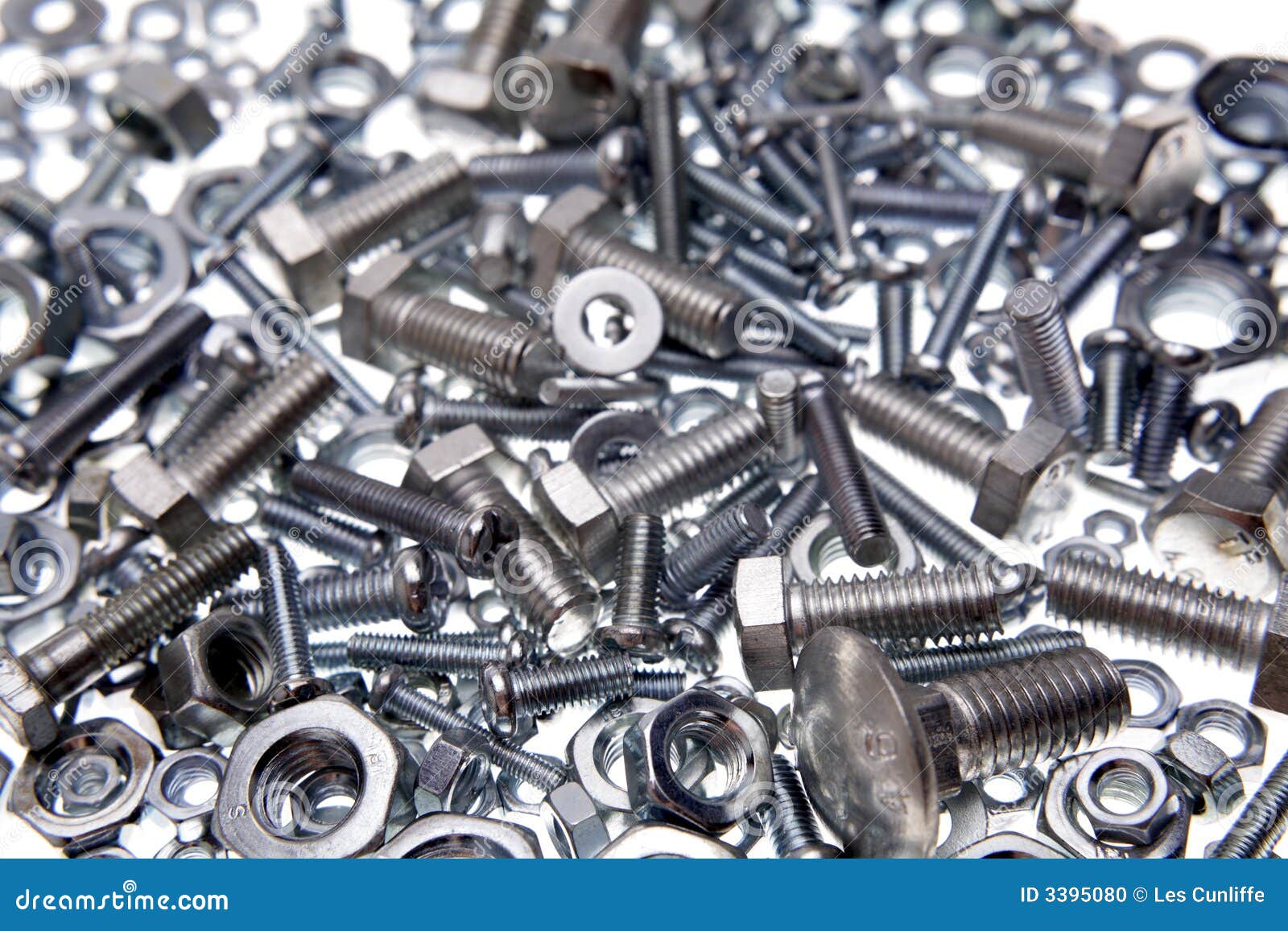In the world of building, manufacturing, and do-it-yourself tasks, hardware are the unsung champions that bind everything. No matter if you are constructing home decor, fixing a automobile, or embarking on a home improvement project, understanding the different types of hardware and their functions is crucial. This exclusive guide will take you through An In-Depth Exploration of Nuts and Bolts, clarifying the fundamentals and helping you understand the vast landscape of connectors.
From the most common types of bolts and their particular applications to the details of nut types and roles, we seek to simplify the intricacies of this vital industry. You will become adept at identify the best bolts for industrial-strength construction tasks, investigate how to select the right hardware and fastener for materials like timber and metal, and comprehend the role of fasteners in various scenarios. With a detailed look at materials, finishes, and custom fasteners, this guide will prepare you with the information you require to choose correctly, regardless of whether you're a seasoned expert or a weekend warrior taking on your first home project.
Categories of Nuts and Bolts
Fasteners and screws are vital elements in many industries, providing the critical connections for numerous applications. Screws are generally used to join items together, while nuts serve as the complement to these fasteners, ensuring a firm grip. Grasping the variances between various types of bolts, such as six-sided, carriage and lag screws, is important for choosing the appropriate fastener for your specific needs. https://rhythmgamingworld.com/members/queencondor4/activity/2527032/ is designed for particular applications, making it vital to select judiciously based on the project's specifications.
When it comes to nuts, there is a wide range of options to choose from, including common nuts, secured fasteners, and flange fasteners. Regular nuts are commonly used in a multitude of applications, while secured fasteners provide better security by preventing detachment due to shaking. Base nuts include a attached washer-like base, which balances the load consistently and helps reduce the risk of harm to the materials being fastened. Understanding these differences will help you decide which fastener best matches your picked fastener type.

In addition to the regular kinds, unique bolts are offered for specific applications. These include anti-theft bolts that are secured and polymer locking fasteners that incorporate synthetic inserts to provide additional resistance against loosening. Furthermore, anchor screws are essential for holding structures to foundations, while expansion bolts offer better holding power in different materials. By acquainting yourself with these types of fasteners and bolts, you can guarantee that your fastener choices are both efficient and reliable.
Materials and Coatings
When it comes to nuts and bolts, the choice of substance significantly impacts their performance and longevity. Iron is one of the most commonly used materials due to its strength and affordability. Within the iron category, there are various grades and variations, including carbon steel and alloy steel, each suitable for different applications. For tasks requiring light yet strong fasteners, titanium is an outstanding option, providing protection to corrosion and extreme temperatures. On the other hand, brass provides superb rust resistance and is often utilized in electrical applications.
Finishes play a crucial role in enhancing the lifespan of fasteners and bolts, particularly in environments prone to humidity or chemicals. Zinc coating is one of the most common coatings, offering a protective barrier against rust and degradation. It's important to distinguish between zinc-plated and hot-dipped fasteners, as galvanized screws undergo a stricter finishing process, improving their durability to the elements significantly. Grasping these variations is crucial for selecting components that will maintain their integrity over time.
In conjunction to defensive finishes, the surface treatment of fasteners and screws can affect their friction characteristics and overall functionality. Specialty finishes, like those found on corrosion-resistant nuts and bolts, can additionally enhance performance in specific environments, such as outdoor construction or marine conditions. When choosing fastening components for particular tasks, considering both the material and coating can lead to maximum longevity and reliability in the application.
Buyer Guides and Comparisons
While picking fasteners, comprehending the distinctions between decimal and imperial system systems is important. The metric fasteners are gauged in mm and are often used in European Union and Asian-based products, whereas imperial fasteners use in and are common in the United States and Canada. This distinction can impact your project significantly, notably if you need substitute or align with current fasteners. Invest Web Site to recognize which system is suitable for your needs and verify that you have the appropriate tools to gauge both types accurately.
Accurately measuring nuts and bolts precisely is key to a productive installation. The major measurements to consider include width, overall length, and threads per inch. For bolts, you will must measure the shank diameter and the measurement from the base of the head to the point of the bolt. For nuts, ensure that the internal diameter fits the bolt's shaft size for a reliable fit. With correct measuring techniques, you can avoid compatibility issues that may cause project delays or failures.
High-quality fasteners can make all the difference the longevity and reliability of your projects. Search for reputable brands that provide explicit specifications regarding their products' quality ratings and material makeups. A bolt strength strength chart can help you grasp which types of bolts are most appropriate for high-strength applications versus basic tasks. Additionally, get to know the vocabulary in a nuts and bolts glossary to ensure you select the correct fasteners for your particular requirements, whether for construction, car maintenance, or renovation projects.
